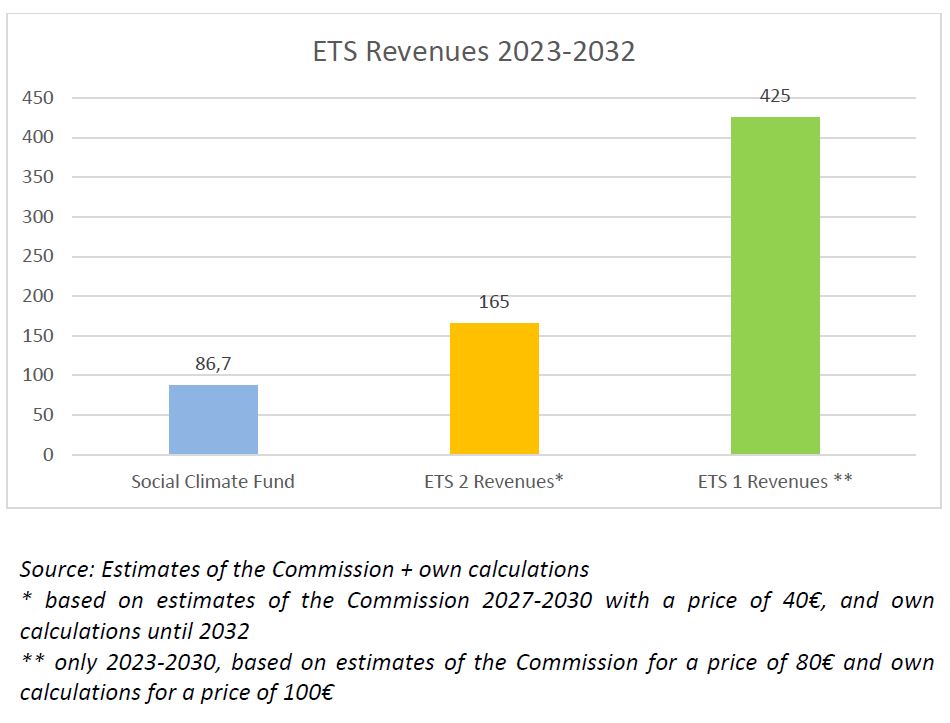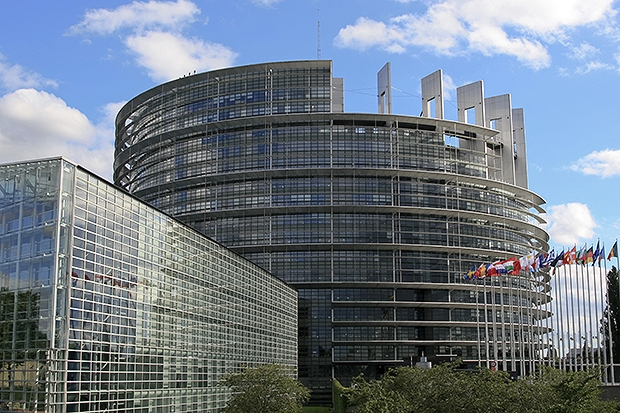Now it is important to follow the money / Member States are obliged to follow it on purpose. Social aspects must be duly taken into account / Everybody who saves CO2 will win
“I am very happy that the biggest climate law ever has been agreed with a broad majority in the European Parliament. Emissions trading is the core element of the Fit-for-55 package, delivering 25 times the CO2 reduction of the controversial car CO2 emissions rule for our 2030 targets. Even though there has been some discussions around CO2 cars, I don’t expect the approval in Council to be a problem in the coming week,” said the environment policy spokesman for the largest group in the European Parliament (EPP, Christian Democrats), Dr. Peter Liese.
“I am also very grateful that many stakeholders, not only from climate science but also from industry and NGOs support the result. Now, it is important to follow the money. We did not only significantly increase the European funds (Innovation Fund, Modernisation Fund and Social Climate Fund). We also for the first time of the history of the ETS agreed on a legally binding obligation for Member States to spend the money on purpose. This means the money should not disappear in national budgets but should be used for the transition, for example renewable energy, energy efficiency, new technologies in industry like CCS and CCU. It is in particular important in the ETS 2, where we agreed to spend the money[1]. People and families with low income and I do not only mean those that are supported by the State anyhow but also those that have a job, work hard, but cannot easily cover the financial jobs of the innovation like heating systems or installations of buildings, should be supported more than the richer part of the society. This is not only fixed in the 87 billion social climate fund but also most of the income which is almost twice as big. The climate crisis is crucial. We are already suffering, also in Europe. And there is no alternative to reduce emissions. We need to support those in need,” said the MEP.
[1] Artikel 10 (ETS 1)
3. Member States SHALL determine the use of revenues generated from the auctioning of allowances referred to in paragraph 2, [...] or the equivalent in financial value of these revenues, for one or more of the following:” [...]
Artikel 30d (ETS 2 revenues)
5. Member States SHALL determine the use of revenues generated from the auctioning of allowances referred to in paragraph 4, [...] or the equivalent in financial value of these revenues for one or more of the purposes referred to in Article 10(3), giving priority to activities that can contribute to address social aspects of the emission trading under this Chapter, or for one or more of the following: [...]



